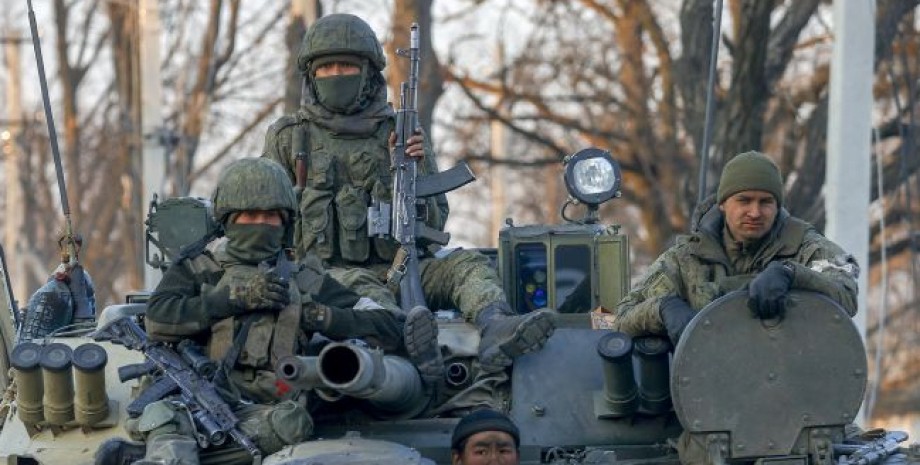
 By Natali Moss
By Natali Moss
The ZMINA human rights organization, which captures the military crimes of the Russian invaders, published a report that gathered the testimony of Ukrainians who were illegally detained and tortured by the Soldiers of the Armed Forces of the Russian Federation. In one of the testimony it was recorded that the witnesses of what was happening were Belarusians. The victim was even taken to Belarus to provide medical care. This is stated in one of the articles of the report.
It is about torture and other ill-treatment of Ukrainian civilians in the territories of Ukraine occupied by the Russian military in February-March 2022 and dismissed later of the same year. Investigators say that these violations were widespread and systematic.
After seizing control of some territories in Kharkiv, Kherson, Zaporizhia, Donetsk, Kyiv and Chernihiv regions of Ukraine in 2022, Russian military and Russian special services held a number of well -organized, pre -planned "filtration" measures for careful verification They supported the Ukrainian state or were perceived as supported. After the identification of the members of the persecuted group, they were detained, detained and tortured.
This included sexual abuse, refusal to be fair trial, compulsory deportation to Russia and extrajudicial execution and, as it is said in one of the testimony, even forced blood donation. A pensioner from the village of Andreevka, Kyiv region, said that he had been taken out during the withdrawal of Russian troops from the center and northern Ukraine.
The man and those who were exported with him were faced with particularly strict conditions of detention in the occupied territories in anticipation of the stage. They were placed in tents in the cold without proper access to the sanitary conditions, deprived food for a few days and beat. "About ten locals were detained with me. The Russian soldiers took us to their destination - we did not know where we were. We were kept in the tent for seven or eight days and forced to break in in the cold.
I froze my leg. One detainee tried to refuse to get off, But he was threatened with a leg. According to him, the Russians were constantly beaten, threatened to kill and held their hands firmly tied for seven days. Since then, a man has not been working one hand. The prisoners were taken to the Russian field camp in the village of Mirne, Kyiv region and forced blood to be donated. "Russian soldiers forcefully took my blood. I was wondering how much they pumped: they continued to pump until I got bad.
When I was in that village, I saw trucks with Belarusian numbers that brought water to this Russian field camp. When we were then taken through Belarus, the doctor looked at me and said that I had a stroke, "the man said. We will remind, the Center for Human Rights ZMINA (ZMINA) has been working in the field of human rights protection in Ukraine since 2012. After the start of large -scale Russian aggression against Ukraine, ZMina, together with 38 other NGOs, created a coalition "Ukraine.
Five in the morning", which documents war crimes and works to protect the victims of armed Russian aggression in Ukraine and hold the High Management of the Russian Federation and direct leadership perpetrators of war crimes. The organization cooperates with the OMCT - the World Torture Organization. Focus wrote that when the bodies of Ukrainian prisoners of war are returned from Russia, they show not only traces of torture. Some of the bodies return without internal organs.










All rights reserved IN-Ukraine.info - 2022